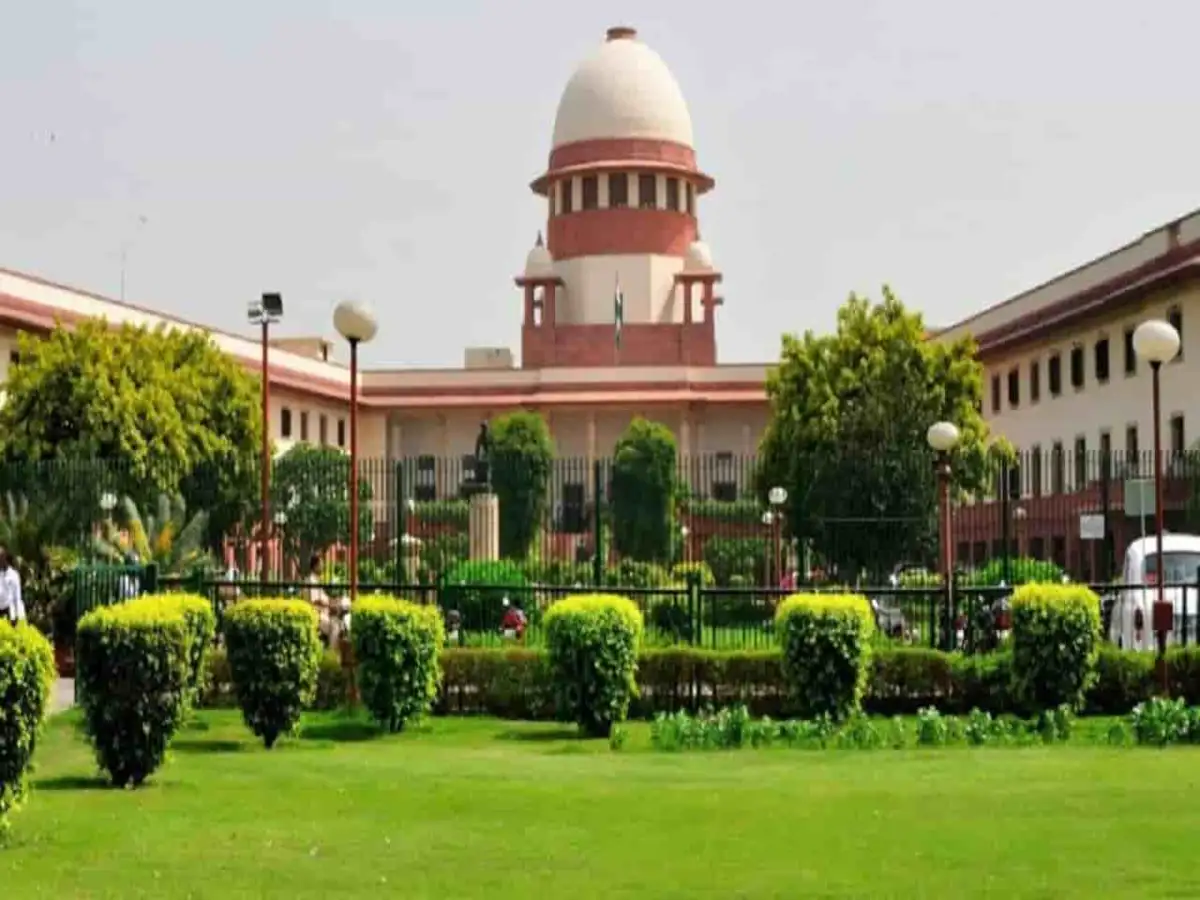Supreme Court’s Recent Ruling on Registered Companies: What It Means for Ownership

In a landmark ruling, the Supreme Court of India has reshaped the landscape of property ownership by clarifying that mere registration of a sale deed does not equate to ownership. This decision stems from a long-standing property dispute involving a housing society that sold land through an unregistered agreement back in 1982. The court emphasized that legal ownership requires more than just possession; it necessitates proper documentation, including title deeds and mutation certificates, to establish rightful ownership.
Clarification on Property Ownership
The Supreme Court’s ruling has significant implications for property buyers across India. Traditionally, many believed that possessing a registered sale deed was sufficient to claim ownership. However, the court’s decision underscores that without valid title documents, mere possession is insufficient. This ruling serves as a wake-up call for prospective buyers, who must now ensure they have all necessary paperwork in order to substantiate their claims to property ownership. The court’s message is clear: ownership is not merely about having a deed; it is about having the right documentation to back it up.
Impact on Buyers and Developers
For buyers, this ruling means that a registered sale deed is no longer the ultimate proof of ownership. They will need to gather additional documents, such as mutation certificates and property tax receipts, to validate their ownership claims. This requirement may lead to increased scrutiny and a more rigorous process for property transactions. Developers and real estate agents will also face new challenges. They must prepare for heightened demands for documentation and transparency, moving away from the outdated notion that possession alone suffices for ownership. This shift may lead to a more secure and regulated property market, but it also means that buyers and developers will need to invest more time and resources into ensuring compliance with legal requirements.
Consequences for Fraudulent Practices
The ruling is expected to have a significant impact on fraudulent practices within the real estate sector. By reinforcing the necessity of proper documentation, the Supreme Court aims to deter shady transactions and speculative dealings that have plagued the market. Fraudsters who previously exploited loopholes may find it increasingly difficult to operate in this new environment. The court’s decision could lead to a more transparent and trustworthy real estate market, benefiting legitimate buyers and sellers alike.
Preparing for the Future
While the ruling brings clarity, it also raises concerns about potential increases in costs associated with legal due diligence. Buyers may face higher expenses as they navigate the complexities of property ownership verification. The emotional toll of proving ownership can also be significant, as individuals may find themselves entangled in bureaucratic processes. As the real estate landscape evolves, it is crucial for buyers to conduct thorough research and ensure they have all necessary documentation before finalizing any property transactions. The Supreme Court’s ruling serves as a reminder that in the realm of property ownership, diligence and proper paperwork are essential for peace of mind.
Observer Voice is the one stop site for National, International news, Sports, Editor’s Choice, Art/culture contents, Quotes and much more. We also cover historical contents. Historical contents includes World History, Indian History, and what happened today. The website also covers Entertainment across the India and World.
Follow Us on Twitter, Instagram, Facebook, & LinkedIn

